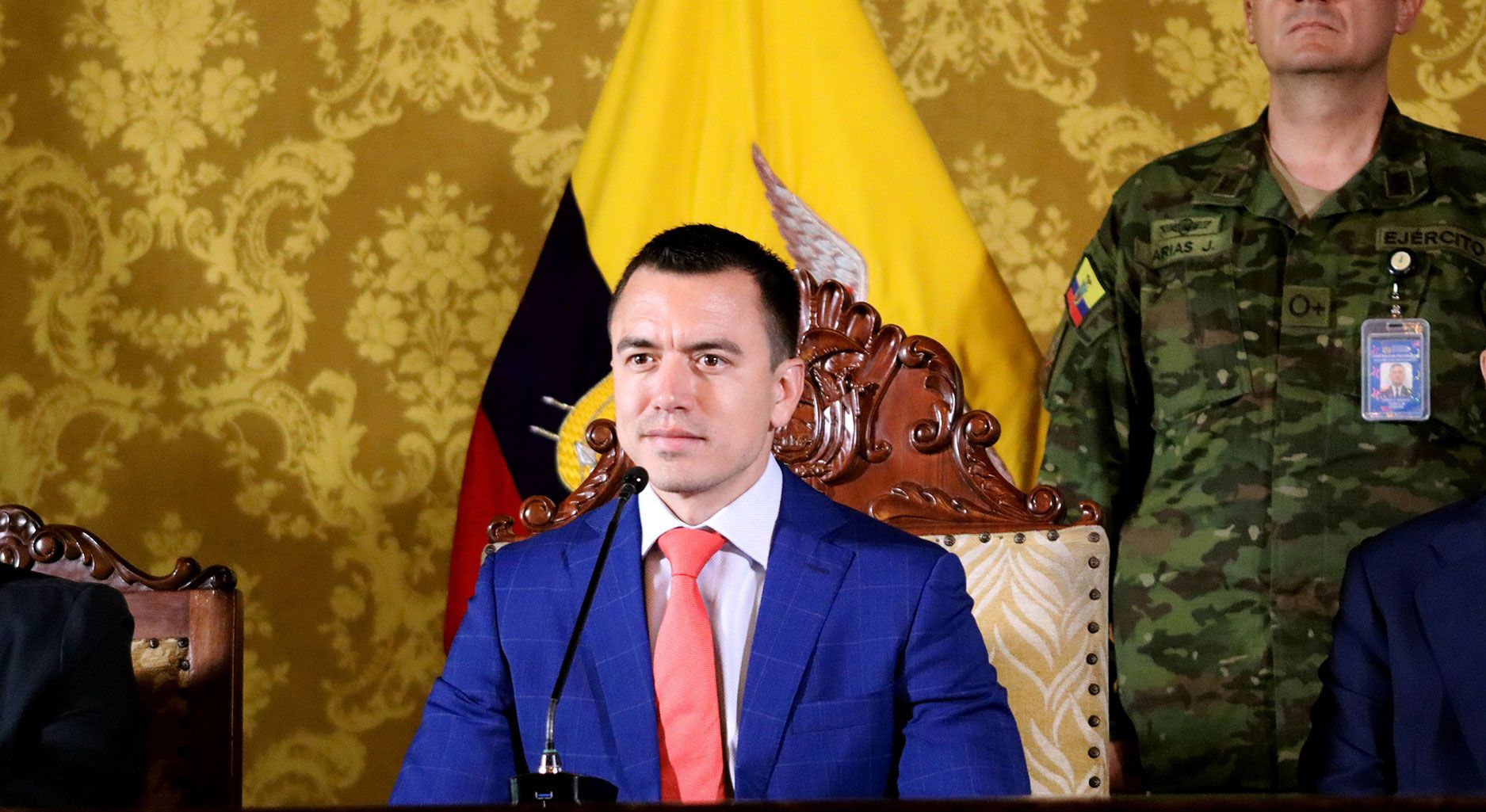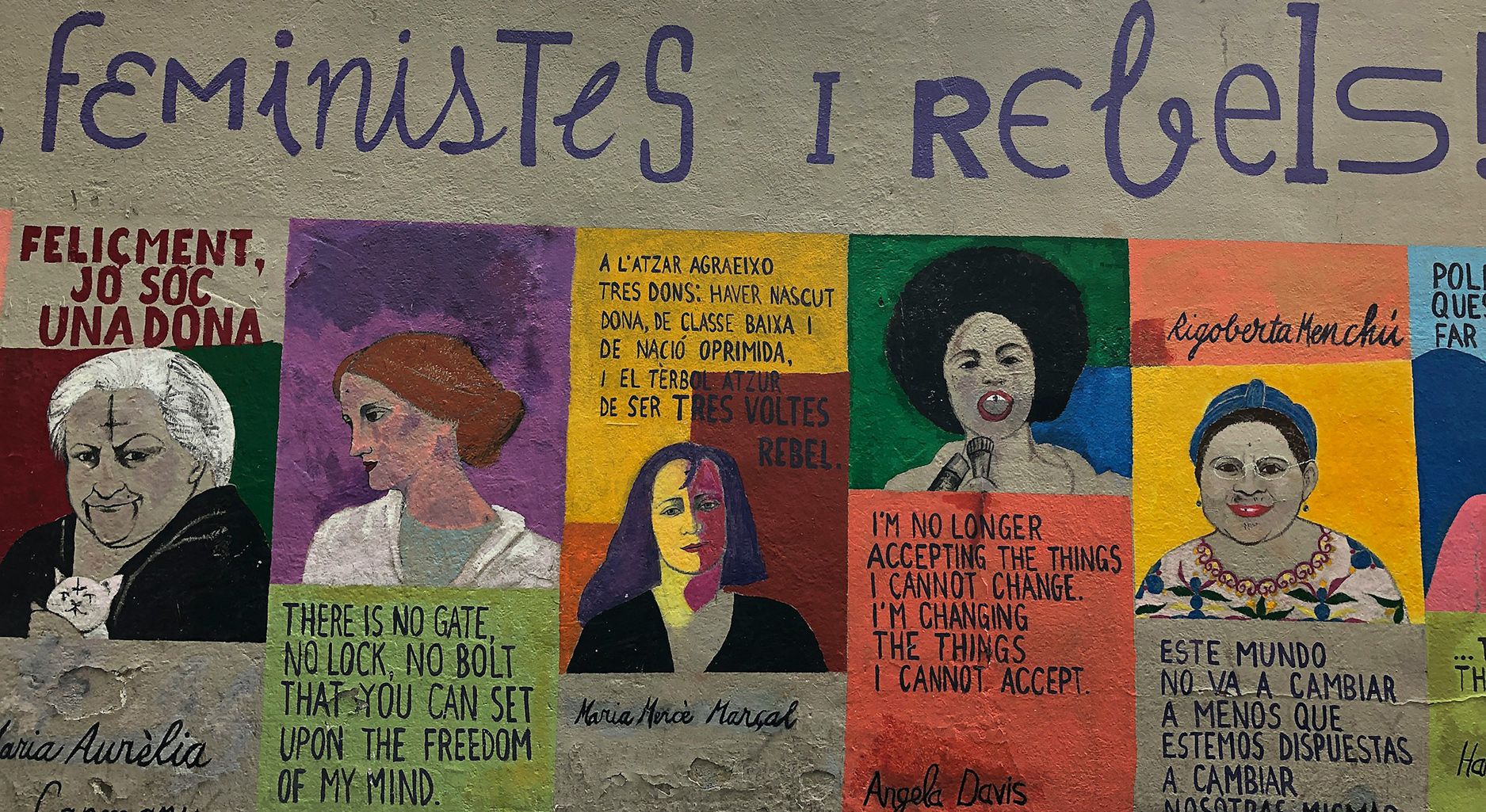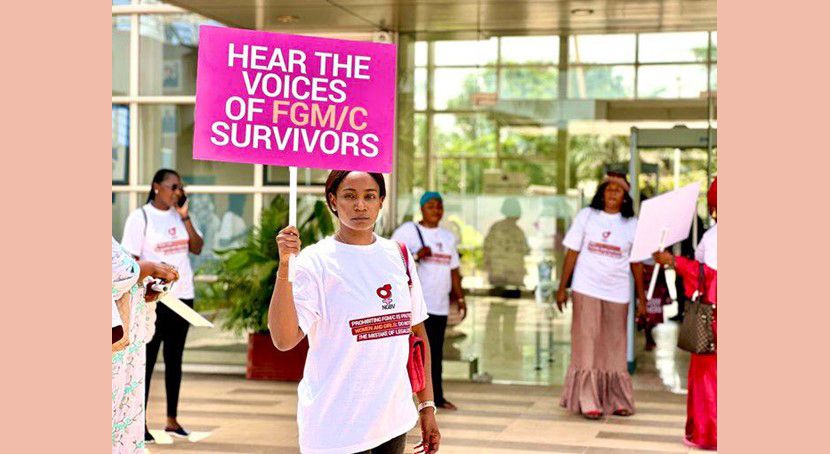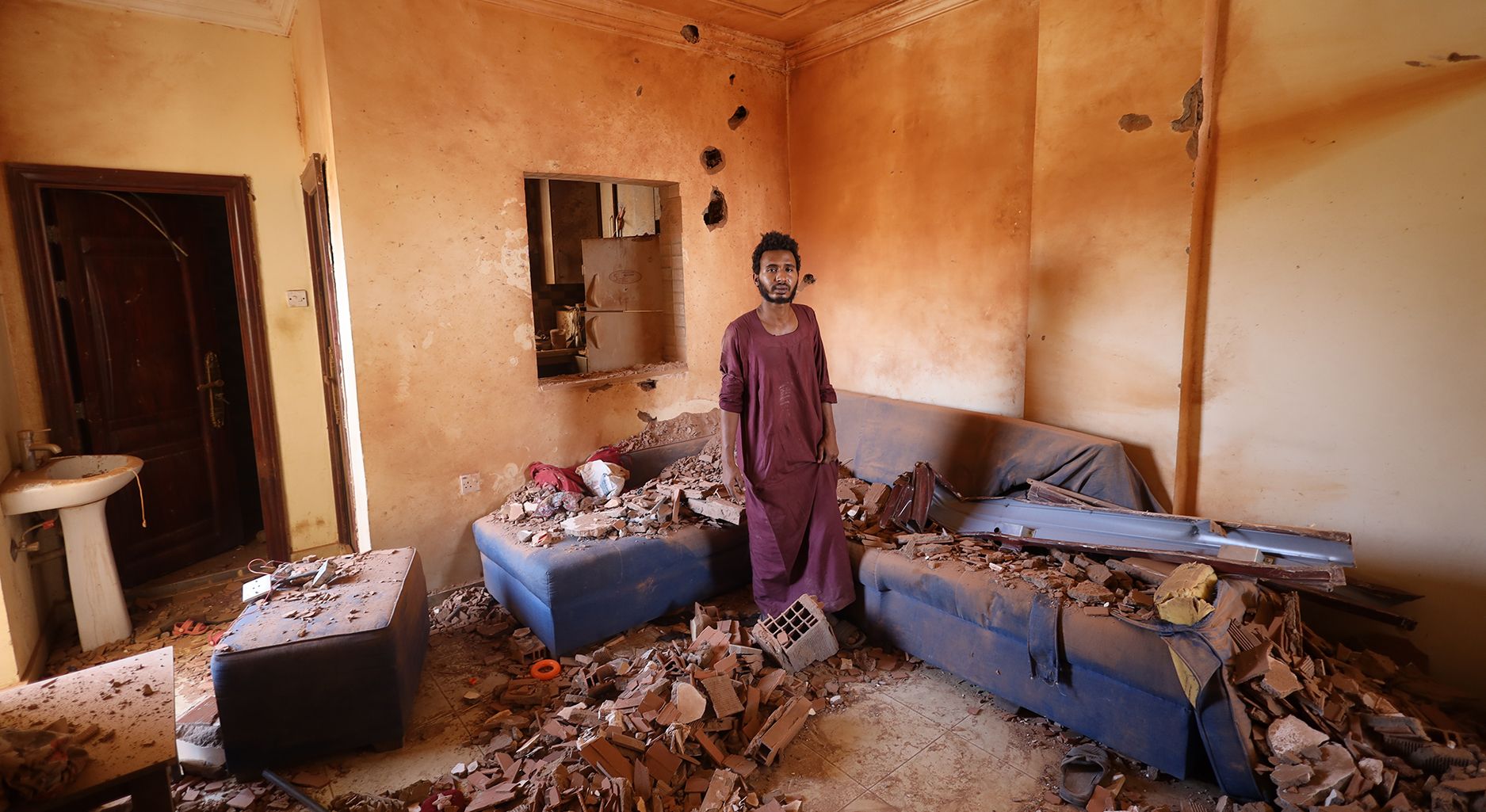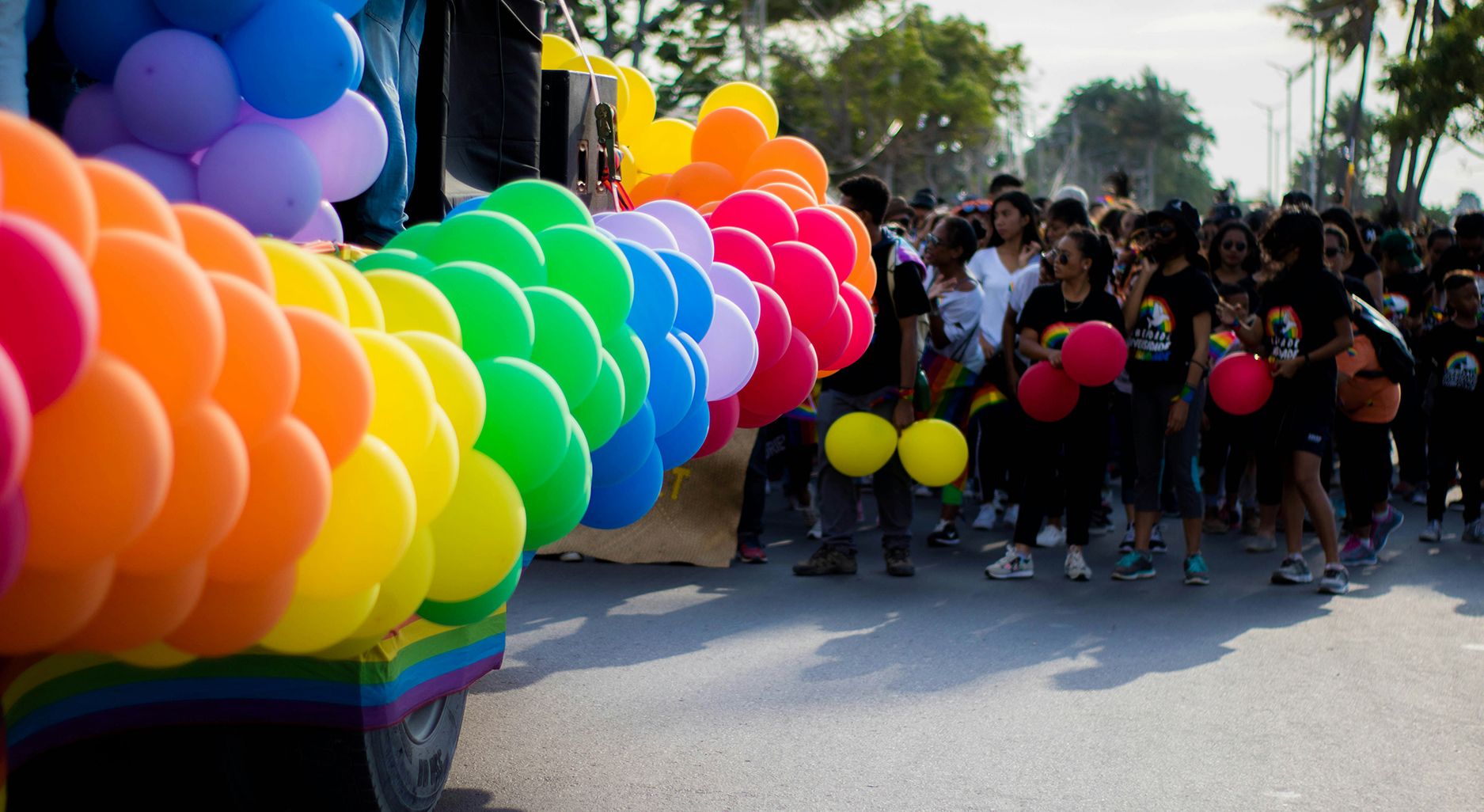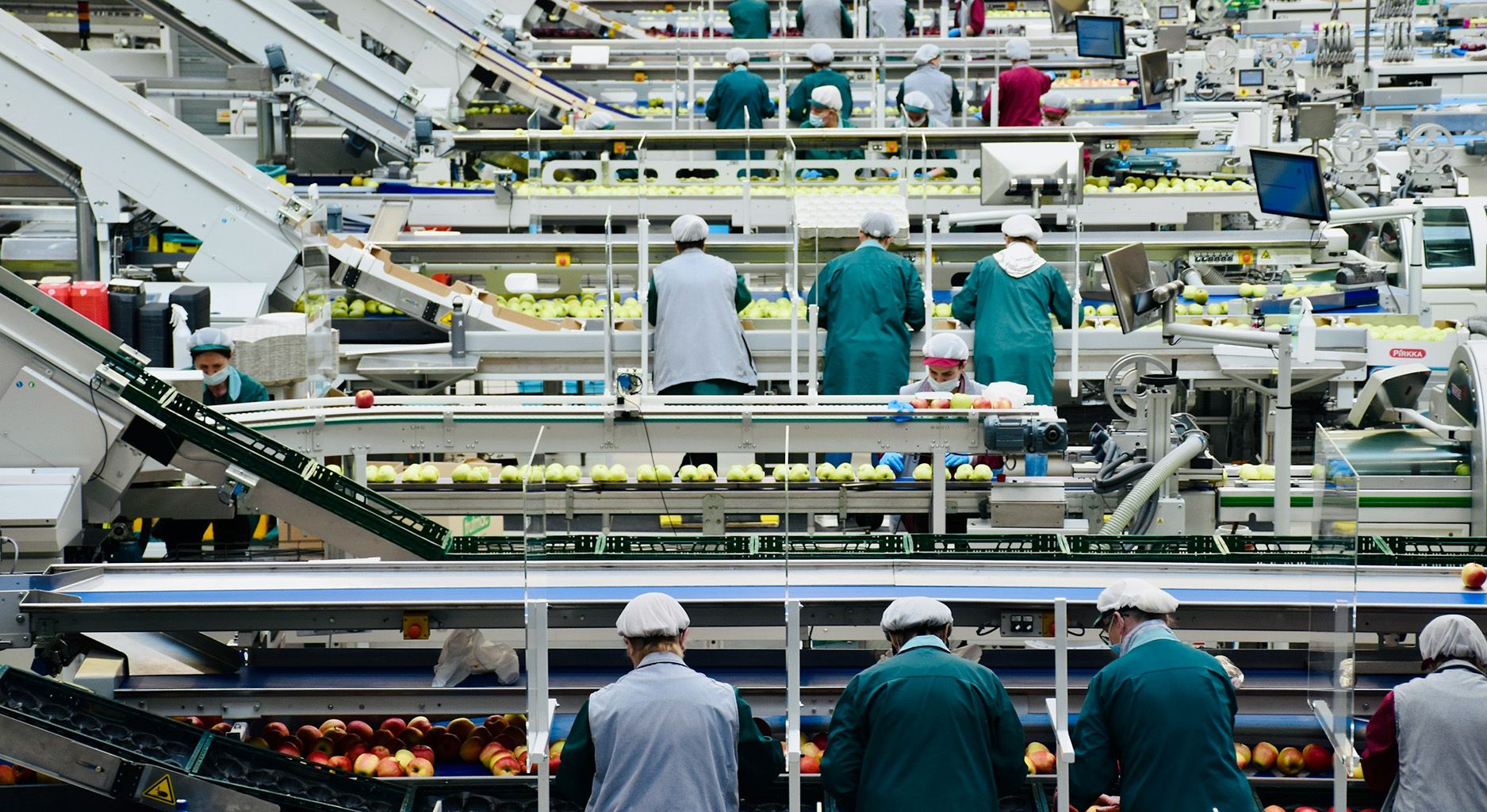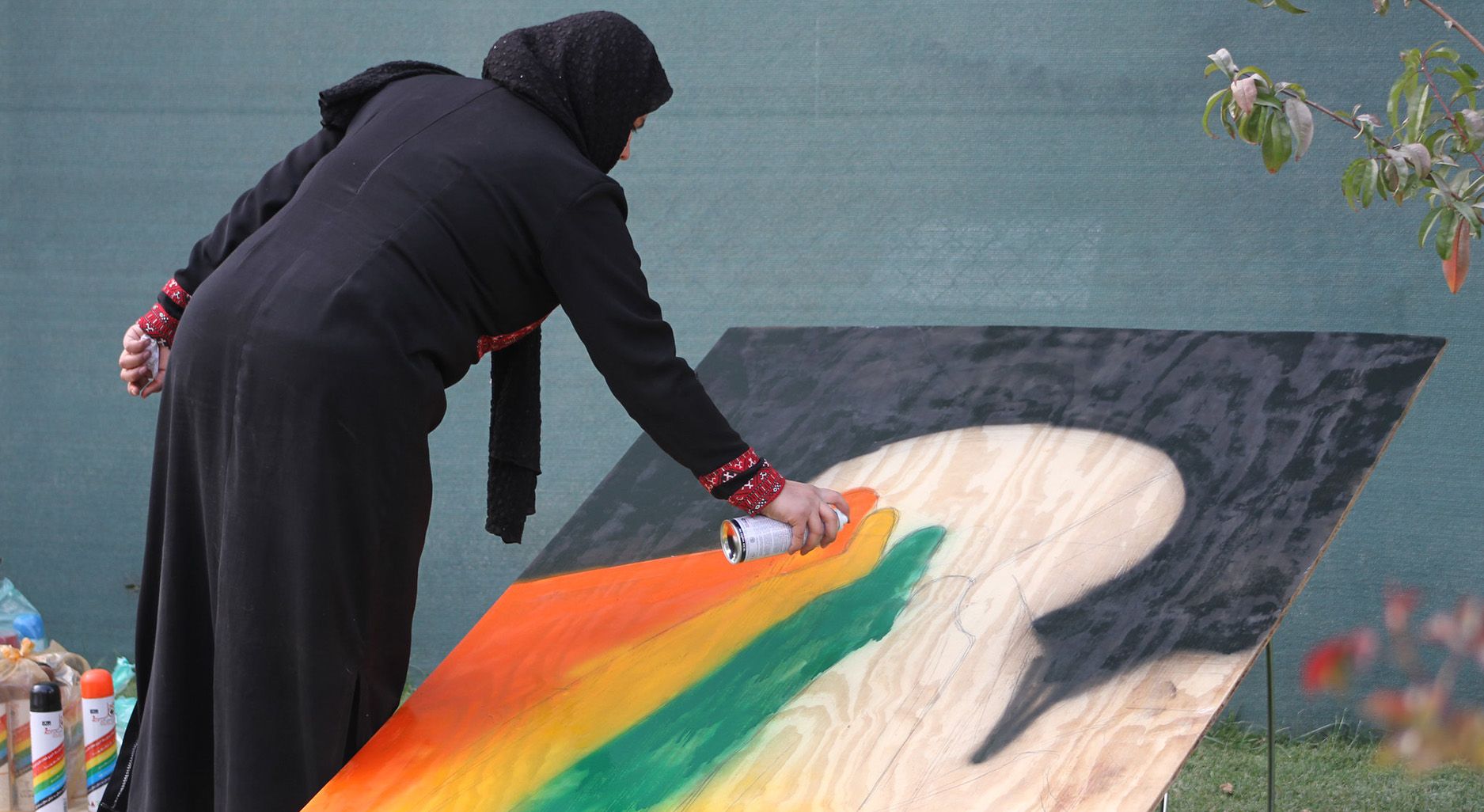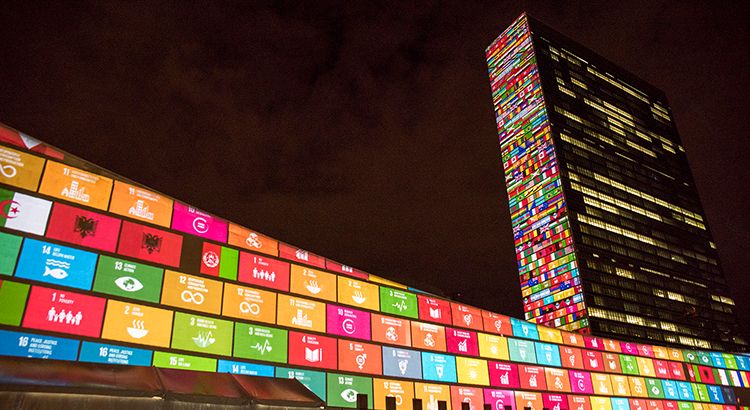Schlagwort: Menschenrechte
Am 24. Mai 2025 hat Daniel Noboa sein altes, neues Amt als Präsident Ecuadors angetreten. Damit endet nach anderthalb Jahren Noboas Amtszeit als gewählter Übergangspräsident, die im November 2023 begonnen hatte, und seine erste reguläre Amtszeit beginnt. Die Herausforderungen könnten dabei kaum größer sein. In diesem Beitrag beleuchten wir Bilanz und Pläne Noboas mit Blick auf den „Krieg“ gegen das Verbrechen, den der Präsident im Januar 2024 ausgerufen hatte.
On International Women’s Day: Feminist Peace Perspectives for Ukraine
February 24 marked the third anniversary of Russia’s war of aggression against Ukraine. Various options for peace are being debated internationally, often without focusing on Ukrainian perspectives and interests. On the occasion of International Women’s Day, PRIF researcher Clara Perras conducted a written Interview with Olena Zinenko, a Ukrainian feminist peace activist and researcher from Kharkiv who currently lives and works in Bochum. She is lecturer at Karazin Kharkiv National University (online), guest researcher in IFHV Ruhr University Bochum and project coordinator at KRF “Public Alternative”.
Moving in the Rights’ Direction? An Assessment of the EU Global Human Rights Sanctions Regime
Four years ago, on December 7, 2020, the European Union (EU) adopted its Global Human Rights Sanction Regime (EUGHRSR), which has been applauded as a milestone in the field of human rights promotion and protection. December 10, the UN’s global Human Rights Day, is a suitable occasion to put both the EUGHRSR and its performance to date to scrutiny.
Keeping up the Ban against FGM/C: A Strong Signal for Reproductive Health and Rights from The Gambia to the World
Despite a 2015 ban, Female Genital Mutilation/Cutting (FGM/C) remains practiced in The Gambia. A recent bill to repeal the ban now endangered legislative progress so many Gambian women have been holding onto as well as longstanding efforts of civil society organizations. On 15 July 2024, following extensive community engagement and advocacy, the bill was successfully rejected. In the face of a global backlash against sexual and reproductive health and rights (SRHR), what can activists worldwide learn from this success? This blog features an interview with Fatou Baldeh, founder of Women in Liberation and Leadership (WILL) and a leading activist in maintaining the FGM/C ban.
Sudans humanitäre Katastrophe: die Rolle von Zivilgesellschaft und Kunst als Zeugen
Im April 2023 begann im Sudan ein Krieg neuen Ausmaßes. Seither wurde die Hauptstadt Khartum verwüstet, lebenswichtige Infrastruktur im ganzen Land zerstört, und etwa zehn Millionen Menschen sind geflohen. Der Gewaltkonflikt wird von den Sudanesischen Streitkräften (SAF) und den paramilitärischen Rapid Support Forces (RSF) ausgetragen. Beide Fraktionen kämpfen um Kontrolle über das ressourcenreiche Land. Der anhaltende bewaffnete Konflikt hat dramatische humanitäre Folgen und birgt das Risiko der Ausbreitung auf die gesamte Region. Angesichts der Dimension der humanitären Katastrophe ist das Fehlen internationaler Aufmerksamkeit und Hilfe eklatant. In diesem Blogbeitrag zeige ich, wie sich die sudanesische Zivilbevölkerung und Diaspora-Netzwerke angesichts des Fehlens internationaler Aufmerksamkeit und Unterstützung engagieren, Hilfe leisten und den Krieg dokumentieren.
Backlash Against LGBTIQ+ Rights in Peacebuilding: Raising Awareness During Pride Month
June is celebrated as pride month worldwide. It highlights the achievements that have been made regarding the rights of people with diverse sexual orientation, gender identity and expressions, or sex characteristics. It also raises awareness about ongoing structural discrimination, inequality and violence. In peacebuilding contexts, individuals with diverse SOGIESC encounter severe backlash from anti-feminist actors aiming at the reversal of achievements as well as resistance from those trying to maintain the status quo.
A Gap between Social and Ecological Rights: A Commentary after One Year of the German Supply Chain Due Diligence Act
Frequent violations of human, labor, and environmental rights continue to impact supply chains globally, with notable prevalence in the Global South, but also in the Global North. The German Supply Chain Due Diligence Act (SCDDA, in German: Lieferkettensorgfaltspflichtengesetz [LkSG]), enacted in 2023, represents significant progress in upholding rights within the context of socio-ecological transformation across value chains. However, the law faces challenges, particularly in terms of its prospective enforcement and the absence of a cohesive link between social and ecological rights. This article provides a commentary and argues that addressing these issues should be a priority.
Socio-ecological Transformation Conflicts: A Central Field of Conflict and Research in the 21st Century
Conflicts over climate and energy policy, security and geopolitical dimensions of global decarbonisation, or human and environmental rights violations in global value chains: The current socio-ecological transformation is causing new and exacerbating existing socio-political conflicts that will characterise the 21st century. The new working group on socio-ecological transformation conflicts, which introduces some of its fields of research in this blog series, brings together existing expertise on these conflicts at PRIF.
Zum Internationalen Frauentag: Die Situation von Frauen in Afghanistan
Seit der Machtübernahme der Taliban am 15. August 2021 hat sich die Situation von Frauen und Mädchen in Afghanistan dramatisch verschlechtert. Anlässlich des Internationalen Frauentags haben die PRIF-Forscherinnen Dr. habil. Simone Wisotzki und Irem Demirci mit Dr. Alema Alema gesprochen, die in Afghanistan stellvertretende Friedensministerin war und heute als Afghanistan-Referentin bei Pro Asyl tätig ist.
Neuer Aufschwung oder unüberwindbare Hindernisse? Der SDG-Gipfel 2023 im Zeichen eskalierender globaler Mehrfachkrisen
„The world is far off track“ – Diese Warnung spricht der von 15 Wissenschaftler*innen verfasste Global Sustainable Development Report (GSDR) 2023 aus, der eine Woche vor dem SDG-Gipfel am 18. und 19. September durch die Vereinten Nationen veröffentlicht wurde und im Mittelpunkt des Summits stand. Der Gipfel fand im Rahmen der 78. Sitzung der UN-Generalversammlung in New York statt. Er sollte neue Aufmerksamkeit auf die Auswirkungen der vielfältigen und miteinander verknüpften globalen Krisen lenken und Unterstützung für die Umsetzung der Ziele für nachhaltige Entwicklung auf Regierungsebene generieren. Welche Rolle dabei Konflikt und strukturelle Gewalt für die Dynamiken globaler Krisen wie der Ernährungs- und Klimakrise sowie für die Erreichung der Nachhaltigkeitsziele haben, wird in diesem Beitrag betrachtet.
